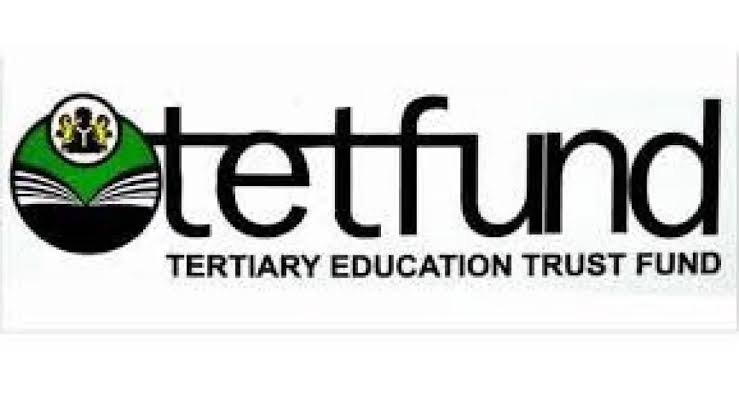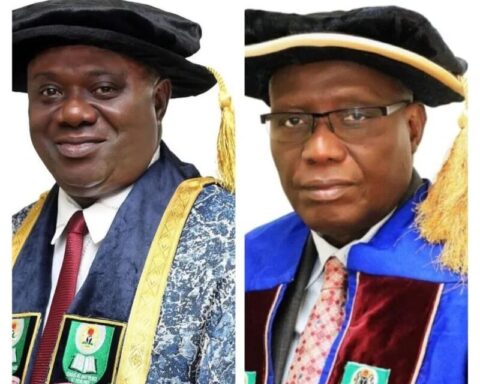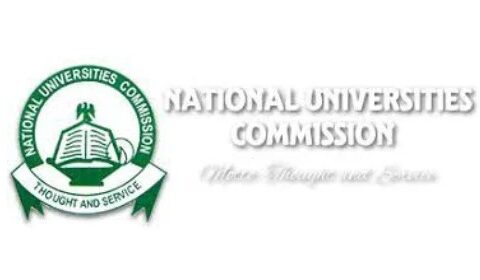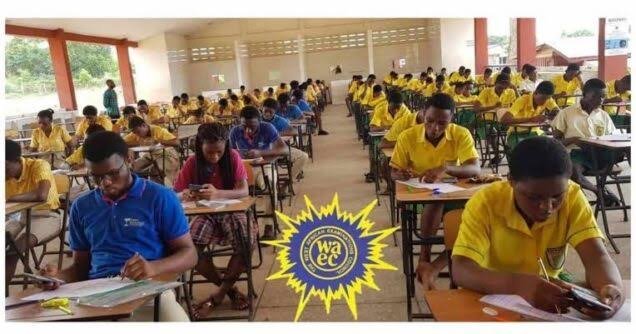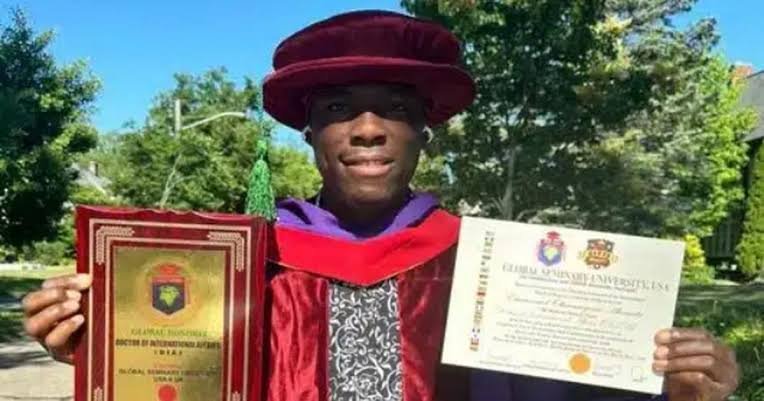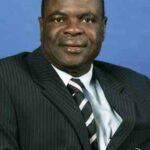The Tertiary Education Trust Fund (TETFund) has raised the alarm that some people the Fund has described as ‘impostors’ “are blackmailing the Fund, seeking a bailout from the Fund for foreign education pursuit under the platform of TETFund Scholarship for Academic Staff (TSAS).”
The Fund said it had become necessary to raise the alarm in response to a recent claim by a group of 600 Nigerian scholars abroad that TETFund omitted them in the payment of presidential bailout to TETFund-sponsored foreign scholars, causing them to appeal to the new Board of Trustees of the Fund to address their plight.
The scholars, in a statement, said the omission of their names in the bailout disbursement has put a lot of financial strain on the 600 of them, hence the decision to cry out for help.
One of them said: “We are not faceless. We are 600 in number, and we have earlier sent our letters of complaints with genuine and official evidence to the appropriate quarters. For the avoidance of doubt, we are available for further clarification whenever the authorities want to authenticate our claims or existence.”
The scholars, in a letter addressed to the President, National Assembly, TETfund and Minister of Education, alleged their dishonest and financial hanky-panky treatment in the hands of the officials of TETFund.
However, TETFund urged Nigerians to disregard the claims of the scholars, insisting that it has paid all genuine claims by its scholars, describing the recent ones as blackmail.
TETFund, in a statement, mentioned a particular scholar from the Federal University, Oye-Ekiti, Kamal Adewole Saka, whom it said, was awarded a TETFund scholarship for Ph.D. in Psychology at Girne American University, Cyprus, to the tune of N27,573,350.00, adding that full tuition had since been paid directly to the institution since 3rd November, 2022.
Daily Query reports that TETFund’s TSAS Intervention programme was introduced in 2008 to sponsor teaching staff of Nigerian public tertiary educational institutions to acquire additional postgraduate degrees both within and outside Nigeria to enhance their research experience and teaching capacity.
Under the programme, the maximum duration of PhD programmes is four (4) years while for a Masters, it is one (1) year in Europe and two (2) years in other parts of the world.
But prior to September 2019, all approved funds were disbursed to beneficiary institutions, which were required to lodge the full amount into domiciliary accounts and release the same to various scholars in line with the Fund’s guidelines.
But arising from observations made during monitoring exercises and through numerous complaints about late release of funds and non-operation of domiciliary accounts by some Beneficiary Institutions, the Fund in 2019 adopted direct payment of tuition fees to foreign institutions on behalf of the scholars.
Verification of implementation processes
Following complaints about several lapses and frustrations being experienced in the system by scholars, particularly as regards delays in release of Funds by scholars’ home institutions, TETFund conducted some verification exercises to ascertain the challenges and improve the system.
Outcome of the verification exercises indicated that scholars were affected by the exchange rate fluctuations due to non-operation of a domiciliary account by their home institutions, which left them indebted on their programme, and a lot of them complained that their duration of studies was for four (4) years, while the Fund processed their tuition and allowances for three (3) years, leaving them with a shortfall of one (1) year.
It was also established that a lot of foreign training institutions were not aware that the scholars were being sponsored by TETFund, while some scholars complained about lack of communication between them and their home institutions.
Similarly, it was noticed that some scholars changed their institutions of study based on the approvals obtained from their home institutions which was contrary to the Fund’s guidelines, while some others complained about their home institutions introducing administrative charges on funds approved for them by the Fund, among several others.
However, following the successful verification exercise, some policy changes were introduced based on the key findings. The changes started with the need to review the guidelines for accessing the TSAS intervention programme.
As a result, there was the introduction of sensitization visits to all TETFund beneficiary institutions to acquaint them with the Fund’s guidelines as a regards TSAS; there was approval for the issuance of Scholarship Award Letters to all approved individual scholars; review of the duration of studies for PhD from 3 years to 4 years (Tuition fee payment for three years and Upkeep payment for 4 years).
Other decisions were the introduction of the postdoctoral fellowship programme; commencement of the direct payment of tuition fees in favour of scholars to approved foreign institutions of study; opening of TETFund dedicated email addresses for all beneficiary institutions; opening of departmental email addresses; processing of funds in favour of stranded scholars based on information provided by the concerned scholars; and signing of MoU with selected foreign Universities.
Meanwhile, TETFund, perhaps, in response to the claims of the 600 scholars has highlighted some of the reasons some people are blackmailing them with the claim of not being captured in the bailout fund.
It noted that some of the people claiming to be scholars could not provide sufficient documents to back up their claims of being scholars with a particular university doing a particular programme.
It said that while processing requests for bailout, it noticed that some of the scholars have absconded, yet, requesting for bailout; some have completed their studies but are still requesting for bailout; they submitted inaccurate Information; some are scholars on Bench Work sponsorship (short duration with full payment upfront); some are scholars on Postdoctoral sponsorship requesting bailout; while some others submitted forged documents.
In the case of Kamal Adewole Saka, TETFund said the scholar was awarded the scholarship to Girne American University on 11th November, 2020 in the total sum of N27,573,350.00. His approved tuition fees of Euros 8,872.50 was paid to Girne American University as at 3rd November, 2022, almost two years ago; while his upkeep and other allowances amounting to N23,846,900.00 was disbursed in full to his home institution, Federal University Oye Ekiti in 2020 in line with the extant schedules.
TETFund in a statement added: “The tuition fees of Kamal Adewole Saka were paid in two tranches based on invoices sent by the scholar: Euros 5,250 on 11th February, 2021 and Euros 3,622.50 on 1st April, 2021.
“However, the scholar notified the Fund in 2022 of non-receipt of the first tranche and after investigations with the Central Bank of Nigeria (CBN), the bank notified us that the payment failed. A fresh invoice was requested from Mr. Saka and this was used to re-process the payment of Euros 5,250.00. The Fund has evidence of payment and status of the scholar’s account from Girne American University, showing that tuition fees have been fully paid as of 3rd November, 2022.
“It is, therefore, inappropriate for Mr. Saka to resort to malicious and misleading publications to spread cheap lies when payments of tuition fees for scholars abroad are made through the CBN and not individual staff bank accounts. One expects that Mr. Saka, a Ph.D candidate, would have been discerning enough not to level such a cheap accusation.
“Since payment of tuition fees are made in Forex to institutions of study, the issue of fluctuations in exchange rate is between the Fund and the CBN with no effect whatsoever on scholars.
“Similarly, under the present dispensation (since 2022) even upkeep allowance of scholars after the first year are paid directly in foreign currency to the accounts of scholars thus eliminating future claims for bailout. The appropriate question the scholar should answer is whether he met the requirements for bailout or not.”
TETFund said it has made a formal report to the Management of Federal University, Oye Ekiti on Mr. Kamal Adewole Saka’s inappropriate behaviour and defamatory and libelous publication, and has demanded appropriate sanctions, failure which the Fund would not hesitate to seek redress on its own.
“While TETFund remains committed to ensuring smooth academic pursuits of its scholars, it is important to restate that TETFund Guidelines on the TSAS programme clearly stipulate the appropriate channel for addressing scholars’ plights, which is through their home institutions that nominated them in the first instance and not any other platform.
“It is also worthy of note that the Fund will continue to support eligible scholars to pursue their academic programmes irrespective of some seemingly deliberate smear campaigns by a handful aimed at distracting us from this onerous endeavour,” it added.
